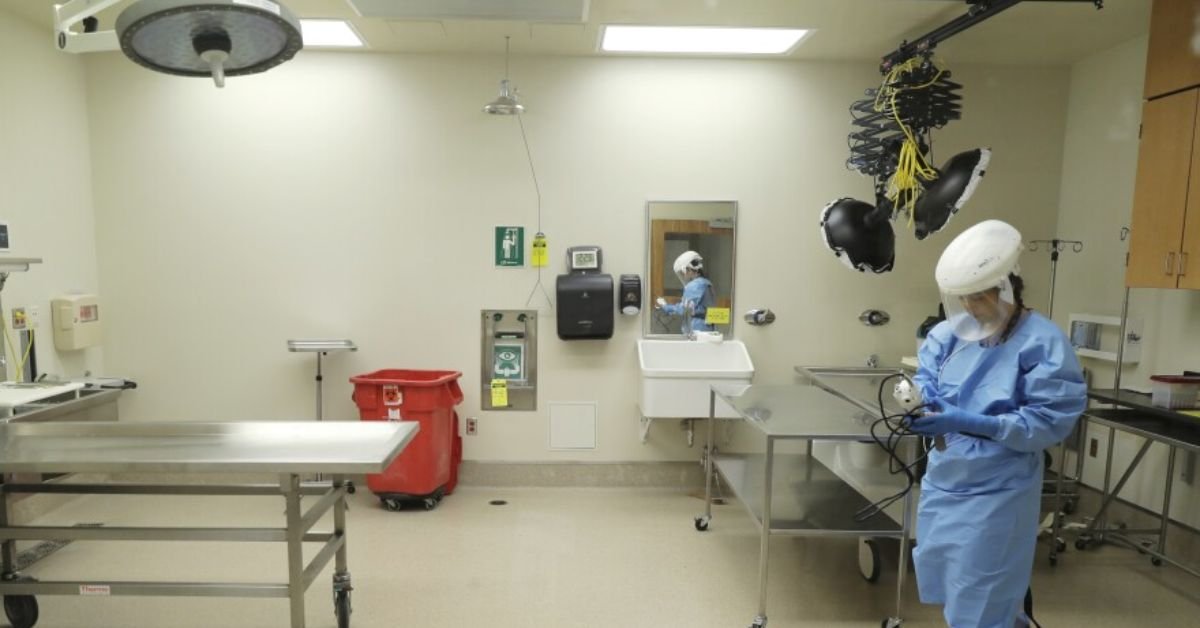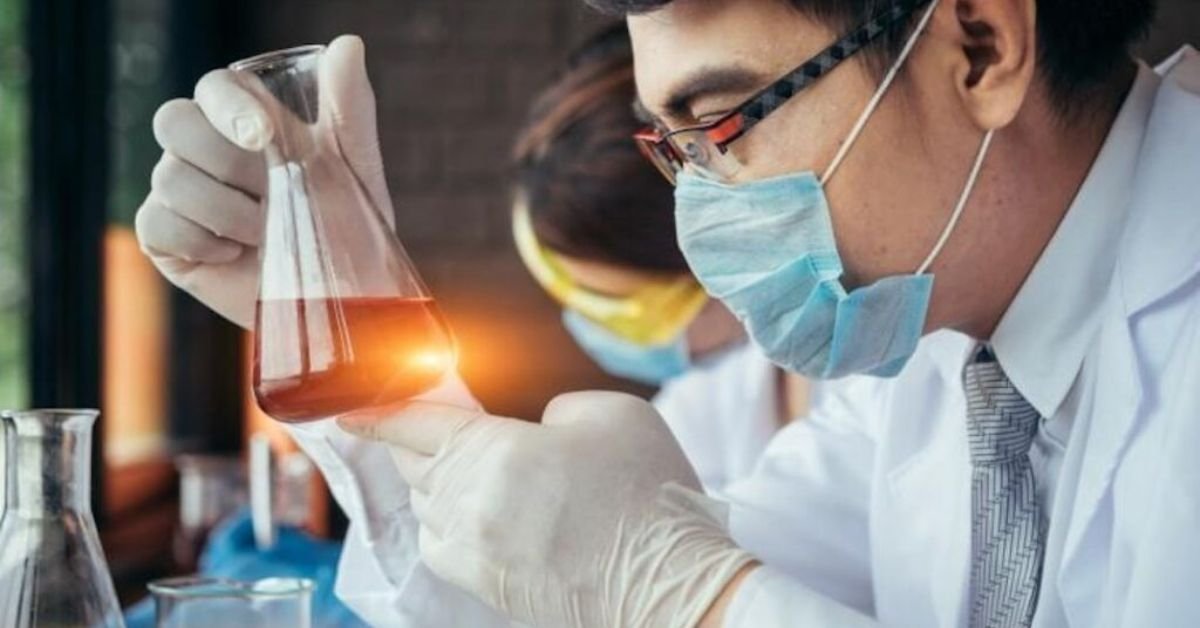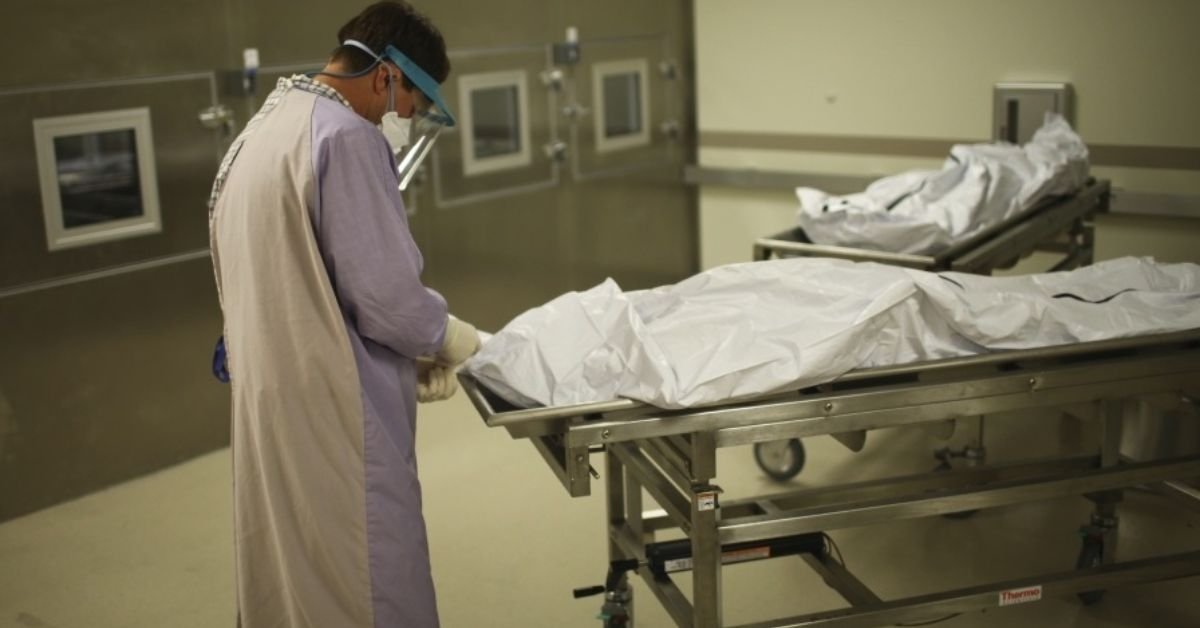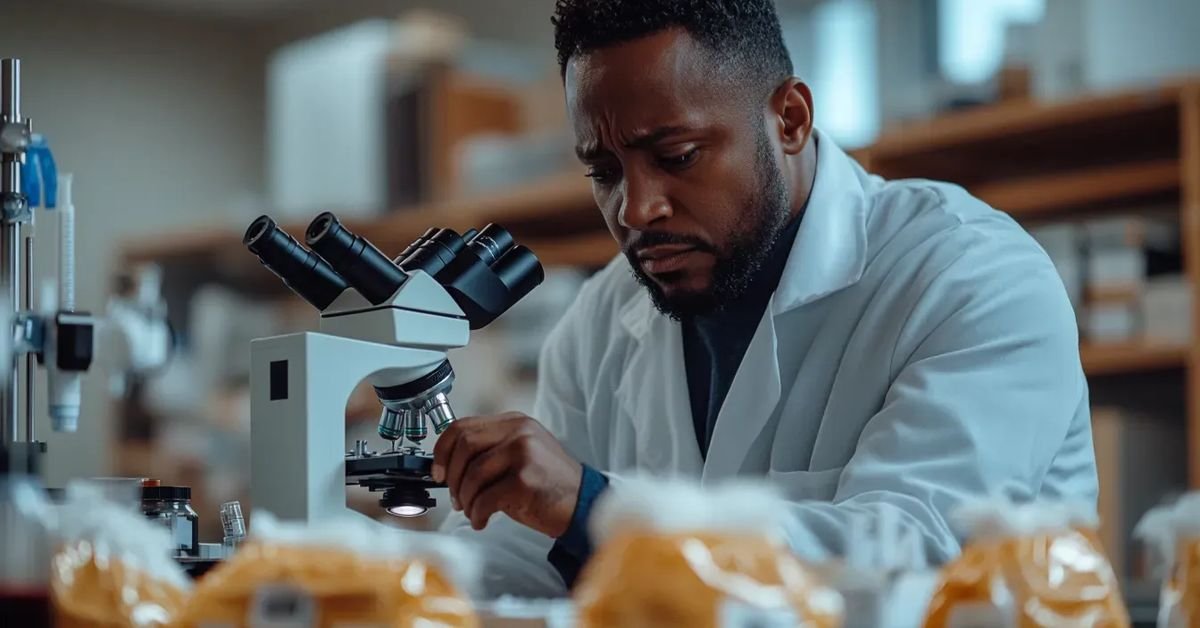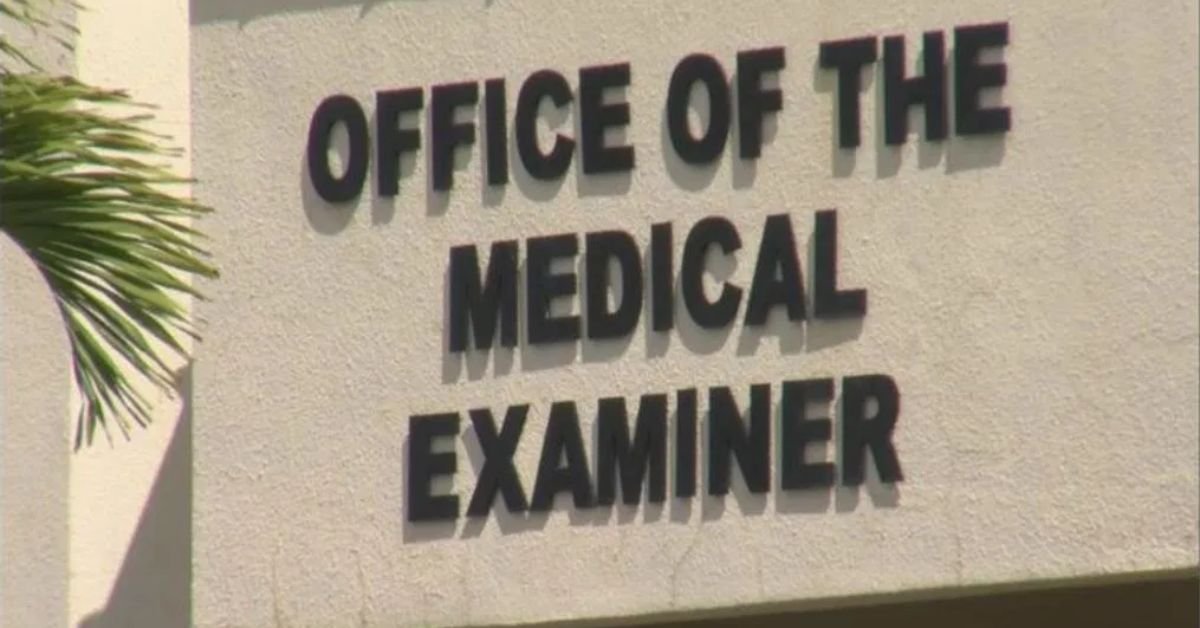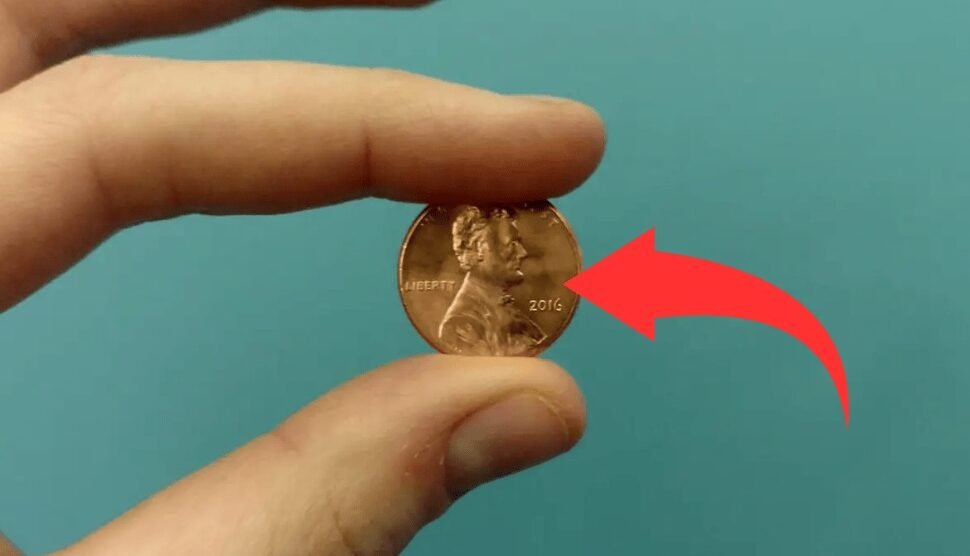District Medical Examiners in Florida play a vital role in the medicolegal investigation of deaths. Operating within a statutory framework established by the state, they provide expert forensic evaluations, certify causes of death, and assist the criminal justice system. Each District Medical Examiner is responsible for overseeing death investigations in one of the 25 regional medical examiner districts across Florida. Their duties extend beyond performing autopsies; they are administrators, expert witnesses, public health contributors, and stewards of scientific and legal standards.
This article provides a comprehensive overview of the primary duties and responsibilities of District Medical Examiners in Florida, as well as the legal, organizational, and interagency frameworks that govern their work.
Legal Authority and Appointment
District Medical Examiners are appointed in accordance with Florida Statutes Chapter 406, which outlines the legal authority of medical examiners across the state. They are selected and approved by the Medical Examiners Commission (MEC), an oversight body under the Florida Department of Law Enforcement (FDLE).
Each examiner must be a licensed physician in Florida and certified by the American Board of Pathology in forensic pathology. Their term of service is typically renewed every three years, subject to MEC review and performance evaluations.
Jurisdiction Over Death Investigations
The primary responsibility of a District Medical Examiner is to investigate deaths that fall under the jurisdiction of the medical examiner system. These include:
- Sudden or unexpected deaths without known medical conditions
- Deaths resulting from violence, trauma, or suspicious circumstances
- Suicides and drug-related fatalities
- Deaths in custody or institutional settings
- Occupational and environmental deaths
- Deaths that may constitute a threat to public health
When such a death occurs within their district, the medical examiner has the authority to assume jurisdiction, conduct examinations, and issue official findings.
Performance of Autopsies and Examinations
Autopsy performance is one of the most visible duties of a District Medical Examiner. They are responsible for determining the cause and manner of death through forensic examinations, which may include:
- Full autopsies involving internal and external examination
- Toxicological analysis in cases of suspected substance involvement
- Histological and microbiological testing
- Radiographic imaging and photography of evidence
These examinations are conducted in accordance with standards established by the National Association of Medical Examiners (NAME), though NAME accreditation is not mandatory in Florida.
In some districts, associate or deputy medical examiners may perform autopsies under the supervision of the chief District Medical Examiner. However, the final determination of cause and manner of death is made by the chief examiner.
Certification of Death
Once an investigation is complete, the District Medical Examiner is responsible for certifying the cause and manner of death on the official death certificate. This includes classifying the manner of death into one of the following categories:
- Natural
- Accidental
- Suicide
- Homicide
- Undetermined
This information is submitted to the Florida Bureau of Vital Statistics and becomes part of the decedent’s permanent legal record.
Evidence Collection and Preservation
Medical examiners function as part of the forensic investigative process. As such, they are responsible for collecting, documenting, and preserving physical evidence that may be used in legal proceedings. This includes:
- Retrieving bullets, projectiles, or weapons from the body
- Collecting biological samples such as blood, urine, and tissue
- Documenting injuries, medical interventions, and trauma patterns
- Maintaining chain of custody records for all evidence
The examiner must ensure that evidence handling complies with best practices and can withstand legal scrutiny in court.
Expert Testimony and Legal Consultation
District Medical Examiners frequently serve as expert witnesses in criminal and civil court cases. They may be called upon by:
- State attorneys
- Public defenders
- Private attorneys
- Law enforcement agencies
In this capacity, they provide objective, science-based opinions on the cause and manner of death, time since death, mechanism of injury, and other forensic matters. Their testimony often plays a pivotal role in homicide prosecutions and wrongful death litigation.
Oversight of District Operations
As chief administrators of their respective offices, District Medical Examiners are also responsible for managing the daily operations of their facilities. Administrative duties include:
- Hiring and supervising associate medical examiners, forensic technicians, and support staff
- Managing office budgets and resource allocation
- Ensuring compliance with applicable statutes, regulations, and accreditation standards
- Maintaining secure storage of decedent records, evidence, and medical data
They also submit annual reports and statistics to the Medical Examiners Commission and may be subject to audits and performance reviews.
Public Health and Disaster Response
District Medical Examiners contribute significantly to public health surveillance. Through their investigations, they can identify:
- Emerging patterns in drug overdoses
- Infectious disease outbreaks
- Environmental or workplace hazards
- Trends in suicide or violent death
In the event of a mass fatality incident—such as a natural disaster, mass shooting, or pandemic—the medical examiner coordinates with local emergency management, law enforcement, and state agencies to respond appropriately. This includes disaster victim identification (DVI), morgue operations, and coordination with Florida Emergency Management.
Interaction with Families and the Public
While not a primary duty, District Medical Examiners must also interact with next-of-kin, funeral directors, and members of the public. Responsibilities in this area include:
- Communicating preliminary findings to family members
- Authorizing body release for burial or cremation
- Explaining autopsy results and cause of death determinations
- Responding to records requests in accordance with Florida’s Public Records Law
These communications must be handled with sensitivity, professionalism, and a clear understanding of privacy regulations.
Training and Continuing Education
To maintain expertise and licensure, District Medical Examiners must complete continuing medical education (CME) in forensic pathology and related disciplines. They are also expected to:
- Attend professional conferences
- Participate in training sessions hosted by NAME, the American Academy of Forensic Sciences (AAFS), or other bodies
- Stay informed on advances in toxicology, trauma interpretation, and forensic imaging
In some cases, they may provide training for law enforcement officers, EMTs, and students interested in forensic careers.
Conclusion
District Medical Examiners in Florida hold a position of substantial responsibility within the state’s medicolegal and public safety systems. Their duties encompass a wide range of forensic, administrative, legal, and public health functions. By conducting impartial death investigations, providing expert medical opinions, and ensuring legal compliance, they play an essential role in upholding justice and protecting the welfare of Florida’s communities.
For more information on the appointment process, operational guidelines, and standards, visit the Medical Examiners Commission section of the FDLE website.
Let me know if you’d like this formatted as a downloadable document or tailored for a specific audience.
